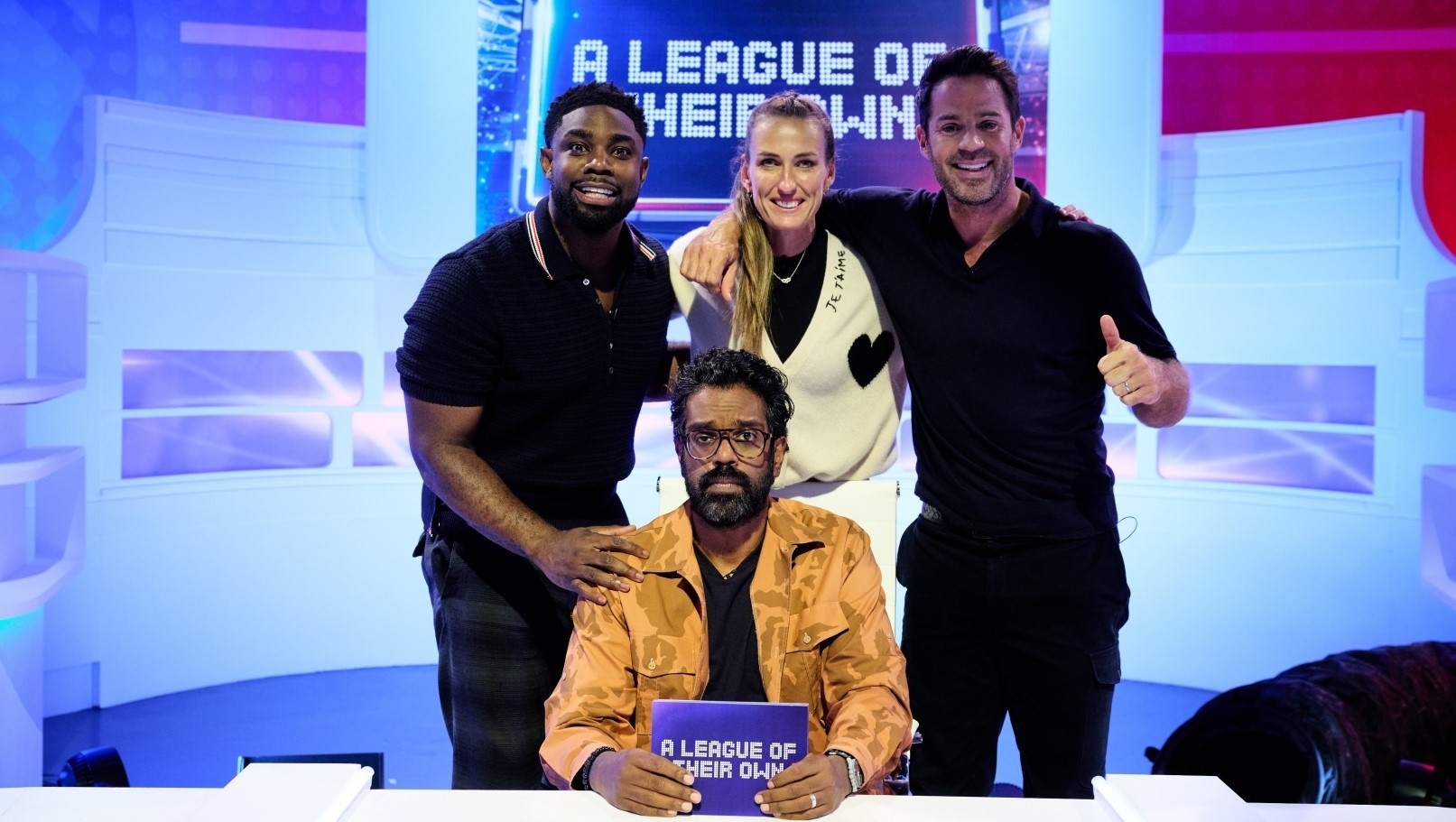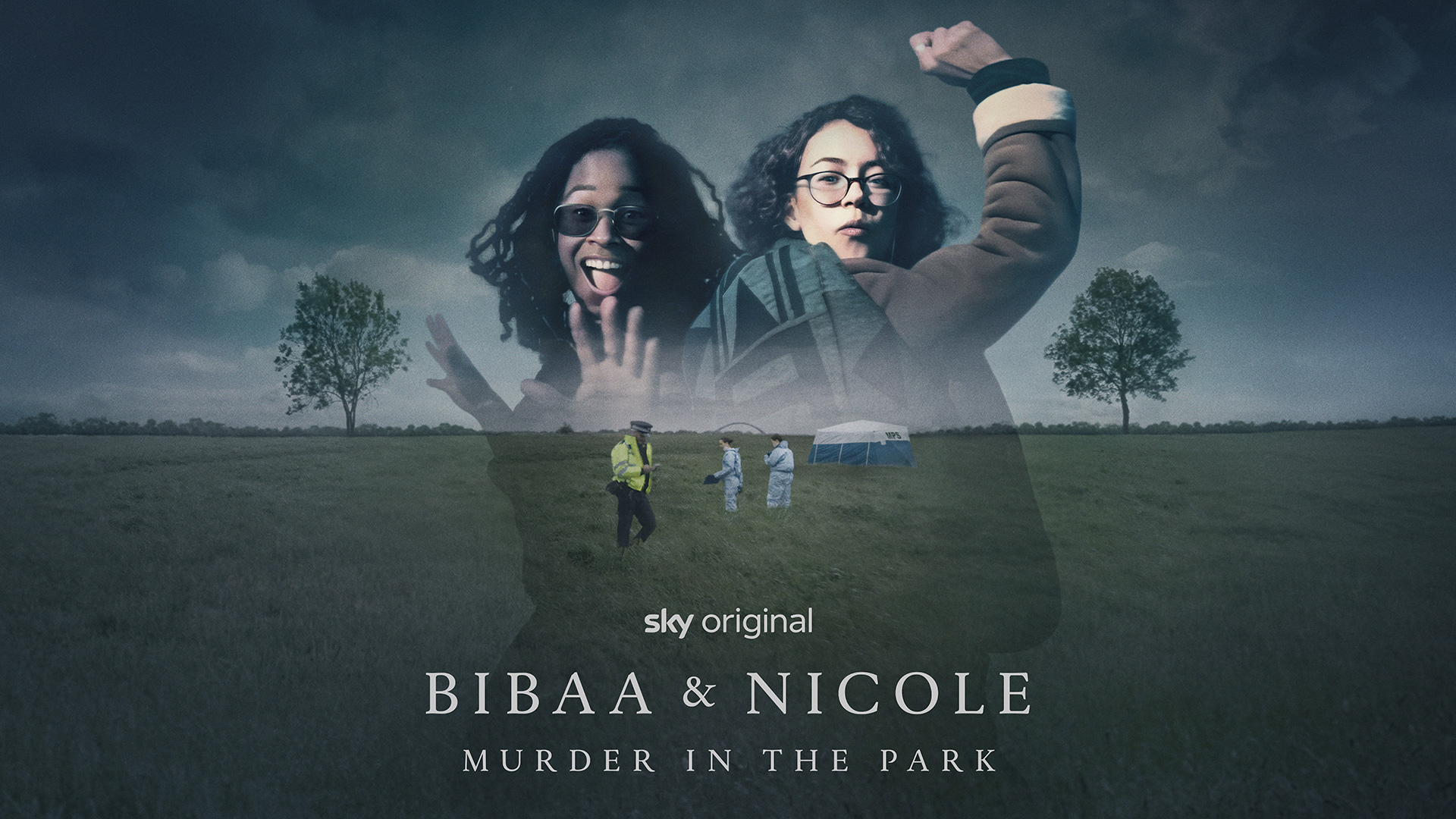Sophy Ridge on Sunday Interview with Jeremy Corbyn MP Labour Leader
ANY QUOTES USED MUST BE ATTRIBUTED TO SOPHY RIDGE ON SUNDAY, SKY NEWS
SOPHY RIDGE: When Theresa May announced an NHS birthday present of £20 billion a year by 2023, it is fair to say her tanks were pretty firmly on Labour’s lawn and it did seem to catch Labour a bit by surprise. For many voters, the NHS is the single most important issue so it seemed like the right place to start my interview with Labour leader, Jeremy Corbyn, fresh from yesterday’s rally. So you have just come from an NHS rally ahead of its 70th birthday, what was your main message?
JEREMY CORBYN: 70th birthday NHS, absolutely brilliant and I think we should thank all those that founded it and the inspiration that came from working class communities in South Wales and other places. My message was also that health is about mental health, it is about social care, it is about stress, it is about environmental and public health and that I want to see the NHS properly funded, I want to see an end to the privatisations in the NHS – there were people there from Lancashire who are on strike at the moment trying to prevent their jobs being essentially outsourced to an internal private company which wouldn’t then pay the national conditions – and the need to ensure that social care and mental health are properly resourced. Mental health is the biggest killer of young men in this country where they take their own lives and commit suicide and there is a mental health crisis that we’ve all got to face up to.
SR: So are you saying that austerity could cost lives effectively?
JEREMY CORBYN: Austerity does cost lives, no question about that and the health inequalities in Britain are massive. I mean take Scotland for example, which I quote in my speech: the richest and best off and healthiest in Scotland live 26 years longer than the poorest and those in worst health. Well that cannot be acceptable. You drive across Glasgow and life expectancy goes like that across the city, you could say that in almost any other city in Britain and I do think we have to address those and also the issues of environmental health. Now air quality was tackled in 1950s with the Clean Air Act which was about smoke – great, that has gone, but we have far worse substances in the air now and the air quality in urban areas and the effect on children’s health is massive. Children are being born and growing up with limited lung capacity so my message is fund the NHS properly, fund social care properly and fund mental health properly.
SR: Well let’s talk about the specifics of funding. Theresa May has given the NHS a £20 billion birthday present, 3.4% on average over five years, what exactly are you promising?
JEREMY CORBYN: What we said in the election was we’d put far more money in straight away, nothing that she has promised actually means any money this year. There’s no money for mental health, there’s no money for social care and it is only 0.1% above what the IFS says is necessary to stand still.
SR: So my understanding is that you are promising 5% more in the first year but over five years that actually lasts for the Conservative party, you are actually talking about the first year, they are talking about five years aren’t they?
JEREMY CORBYN: We said we’d put in 5% the first year to deal with the immediate crisis particularly in hospital waiting lists and in social care but …
SR: So what happens after that then?
JEREMY CORBYN: We would continue increasing at the necessary rate and it would be higher than that.
SR: And do you know what that is?
JEREMY CORBYN: Well it depends obviously what the requirements are but we would increase what was necessary for the funding of the NHS but we’d put that money in for the first year straight away, there’s a crisis now. What Theresa May has promised doesn’t actually make any difference whatsoever now, this winter, this financial year.
SR: But over five years currently she’s promising more than you.
JEREMY CORBYN: What they are promising over five years is 0.1% above standstill budget, we would offer 2% and above.
SR: So you guarantee you would put more money into the NHS than the Conservatives?
JEREMY CORBYN: Yes, absolutely, we would put in the money that is necessarily for it but we would also deal with the other issues which do actually impact on our hospitals and that is particularly is social care and the GP crisis where there are many older GPs retiring, we’re not having enough young GPs coming on and not enough GPs are coming to work in this country.
SR: So where specifically would you put the money then because this is always a criticism of funding the NHS isn’t it, that you are just pouring money into a leaky bucket if you like, so where would you direct the money?
JEREMY CORBYN: Well I think you direct the money into the crisis in the hospitals at the moment, many of which are in deficit, quite serious deficit and therefore having real problems managing. Secondly, look at the issues of training and in the NHS for nurses and for doctors particularly but also crucially the issue of social care because social care, there’s a million people in need of social care who can’t get it and the mental health crisis has a knock on effect in many other areas of life and so those areas need to be properly funded as well and that also means funding local government properly.
SR: I’m also keen to talk to you about another big challenge facing politicians at the moment – Brexit. It feels like we can’t do an interview of course without touching on Brexit. In your opinion is the problem with Brexit itself or the way the government is handling Brexit?
JEREMY CORBYN: I think it’s the way the government is handled it because they have never really been very clear about what kind of relationship they want with Europe. I mean every time Philip Hammond says he wants X trade arrangement with Europe, Boris Johnson says he wants a trade agreement with Argentina, with Australia, with Peru or somebody else somewhere else or you get Liam Fox saying we can fix all these trade deals in a few months, it doesn’t matter, they are very easy to negotiate. Well a) they’re not and b) half of all of our trade is with Europe and when we’ve had warnings from very big employers in this country – BMW, Airbus and many others are very concerned because if they can’t get their goods in and out and there is a supply chain that crosses the Channel all the time, and if they are having to pay tariffs on those then clearly they are not going to say. There is an issue that there has to be a focus by the government on getting an agreement with the EU, you get the feeling that every time somebody in the government says ‘Well we really should get an agreement’, you get Cabinet Ministers going off at a tangent. Also the White Paper on the objectives, well goodness, the referendum was two years ago and the White Paper is only going to come out after apparently a weekend party at Chequers for the Cabinet.
SR: So in principle then, it is not Brexit you have an issue with, it’s the handling of it, is that right?
JEREMY CORBYN: I wanted an opportunity to reform and remain, that was not the decision of the British people, there was a referendum result. I want to have an effective relationship with Europe which gives us the trade opportunities but also does to set us up as a sort of deregulated economy on the shores of Europe which is what some Tories want.
SR: So if it’s done correctly, do you think Brexit could actually bring opportunities?
JEREMY CORBYN: If it’s done correctly we will have a good relationship with Europe, we will be able to give to Scotland, Wales and Northern Ireland many of the powers of regional government that were taken away to Brussels and we can ensure that we have a good relationship but I am also concerned that this government is unclear on environmental protections, unclear on fish agreements, unclear on agriculture and very unclear on long term what it does on human rights and universal rights across Europe.
SR: Is there a case for extending the transition do you think? I was speaking to Greg Clark for example this week and he said perhaps there is.
JEREMY CORBYN: Well we proposed a transition period in the first place, that was a Labour proposal and there obviously has to be a transition. At the moment it’s not set in stone but it has been talked around for two years. I’ve got a feeling…
SR: Would you be happy for it to be longer?
JEREMY CORBYN: I’ve got a feeling it might go beyond that.
SR: And would you be happy with that?
JEREMY CORBYN: Yes, because I do think the priority has to be our investment in different parts of Britain to ensure we do get fair economic growth across the whole of the UK but it also has to be protecting jobs of those industries that rely on trade with Europe, particularly in the Midlands and the North East.
SR: It is interesting speaking to you because you are obviously keen to say that the issues you have with the way the government is handling Brexit is very different to how you would do it but people in your party, members, feel that the issue is with Brexit itself, that it should be stopped, some people certainly do. Momentum members for example, thousands of them signing this petition calling for a second referendum. Can you rule out a second referendum under your leadership?
JEREMY CORBYN: We don’t see a second referendum as on our agenda, what we’ve said is we want parliament to have the right to a final say and to have an amendable motion on it so we can actually go through what the deal is. The vote two weeks ago was not to accept that particular idea but it will come back to parliament and we will keep on with that and we will, if we’re not happy with the final negotiations, we will vote against them.
SR: I am still a little bit unclear, I mean you’re the straight talking man of politics if you like, are you ruling out a second referendum?
JEREMY CORBYN: Look, we’ve not proposed it, we’ve not supported it and we’re not proposing it now.
SR: So you are ruling it out?
JEREMY CORBYN: We’re not supporting a second referendum.
SR: Okay, I think that’s probably as I’m going to get to that in that case. Now another big issue of course on Brexit is immigration, it’s something that kind of feels like it splits Labour voters on as well. People outside London for example, lots of working class voters feel very strongly about immigration, a very different opinion to some of your more younger metropolitan supporters. So I’m interested to get to the gist of where you are on immigration, do you think immigration is too high?
JEREMY CORBYN: Well it’s going down all the time so I am very surprised you even asked the question. It’s gone down a great deal over the past year and…
SR: Well I’m asking the question because for many people who I’ve spoken to outside London, they say that’s why they voted to leave the EU.
JEREMY CORBYN: I would ask you to also recognise that with those that have come to this country to work here, we have kept our services going, particularly health and social care services. Where I think there is a problem is the way in which employers have brought in groups of workers deliberately to undercut people working in this country in construction and in other industries as well and my argument with many of the governments of central Europe was they should support protection of rights and pay right across Europe.
SR: Now I’m interested in asking you about some social issues as well. One thing that has been in the news a lot recently is the decriminalisation of cannabis for medical reasons. You’ve said that’s something that you support so I’m interested to know, do you think there is an argument that cannabis should be decriminalised across the board?
JEREMY CORBYN: I think at this stage we should say medical use of cannabis is good and cannabis oil use is clearly beneficial to people and that should be decriminalised and made readily available as quickly as possible.
SR: How about more widely? Do you think that the recreational use of cannabis should be decriminalised?
JEREMY CORBYN: Well I think we have to look at the health concerns of any drug that people take. No drug is without consequences when people take it and personally I don’t take any drugs at all and I think we should just think about it quite carefully but let’s go with what’s proposed now which is the availability of cannabis for medicinal purposes.
SR: Back in 2000 you signed an Early Day Motion for the possession of cannabis to be decriminalised, have you changed your mind?
JEREMY CORBYN: No, I think criminalising people for possession of small amounts of cannabis is not particularly a good idea and does lead to great difficulties, particularly for younger people in communities like mine so I do think the debate is moving on.
SR: How about the sex industry, is there an argument that there should be a decriminalisation there?
JEREMY CORBYN: I don't think that people that are mainly women who are working in the sex industry should be criminalised for working in it. I think those who are benefiting from it, they are the ones that we should go after so I do look at what’s being done in Sweden and other places on this. But I do think there are women who have been criminalised and because they’ve been into prostitution and grotesquely exploited, they’re not criminals, they’re victims.
SR: How about people who buy sex? Because if you are mentioning the Nordic model, that’s slightly different from the UK isn’t it because if you buy sex that’s a criminal offence?
JEREMY CORBYN: Well the Nordic model essentially moves the blame and the responsibility onto those who are promoting the sex industry rather than those who are working in it and I think that’s a direction we should think about going.
SR: Part of the reason why I am quite interested in asking your opinion on this is that there was a report back in 2016 that you told students at Goldsmiths University that ‘I’m in favour of decriminalising the sex industry’, so you are saying the women not the men, is that right?
JEREMY CORBYN: What I meant and said was that the women who are working in the industry should not be criminalised for doing so.
SR: I can’t of course have any interview at the minute without asking about the World Cup. Lots of our viewers will be very interested, have you managed to catch any games?
JEREMY CORBYN: Yes, yes, quite a lot of them actually. I enjoy football, I enjoy watching football both at my favourite club Arsenal but also I enjoy watching young people’s football in my own area, my family are very involved in football and watching youngsters join football clubs, get involved in games, building that sense of team spirit and understanding the good of relying on each other to achieve something and understanding the highs and lows and disappointments, I think at its best is absolutely brilliant and yes, the World Cup is a great time for us all.
SR: I am going to bring back another Early Day Motion that you signed on the World Cup, this one was from Euro ’96, perhaps the last time that England did quite well in an international football tournament.
JEREMY CORBYN: Well that was when we had the best song, ‘It’s Coming Home’ but unfortunately it didn’t! It’s a great song.
SR: Maybe better luck this time but the motion that you signed that was that you ‘Deplored the jingoism and nationalism in the tabloid press that does nothing to maintain the true spirit of sport that is reminiscent of Hitler’s use of sport to enhance his evil regime’, so some pretty strong words there about some of the coverage of Euro ’96. Do you think some of the coverage has gone a bit far this time?
JEREMY CORBYN: I think it tends to get a bit overboard sometimes. I mean it is a game, it is football, it is sport and be passionate about it but remember there are a lot of teams that are not there that would love to be there and a lot of people love the World Cup all over the world for that. Now I think we should do our best, support our team, let’s hope they go as far as they possibly can but above all, enjoy the football. I mean I remember, I’m old enough to remember the World Cup 1966 and also remember those magnificent Brazilian teams that won successive World Cups, you couldn’t just be anything but mesmerised by the skills and the intricate passing and all this and it was like poetry. You need to read Camus on football, he’s your man.
SR: I’ll have to look it up.
JEREMY CORBYN: Look it up, he’s very good. He talks about the psychology of it but the psychology of sport and people and politics and culture is something that I find quite interesting. I don't know if you have ever had a chance to read C.L.R. James’ book Beyond the Boundary?
SR: I haven’t.
JEREMY CORBYN: It’s about cricket in the Caribbean. People in the Caribbean playing cricket in a colonial atmosphere and beating the colonial master. Great book.
SR: I’ll have to check that one out.
JEREMY CORBYN: Check it out, C.L.R. James, Beyond the Boundary.
SR: Thank you very much for your time, I appreciate it.
JEREMY CORBYN: Thank you.




